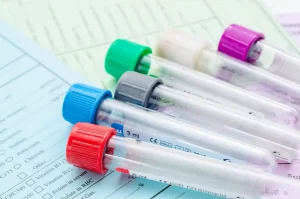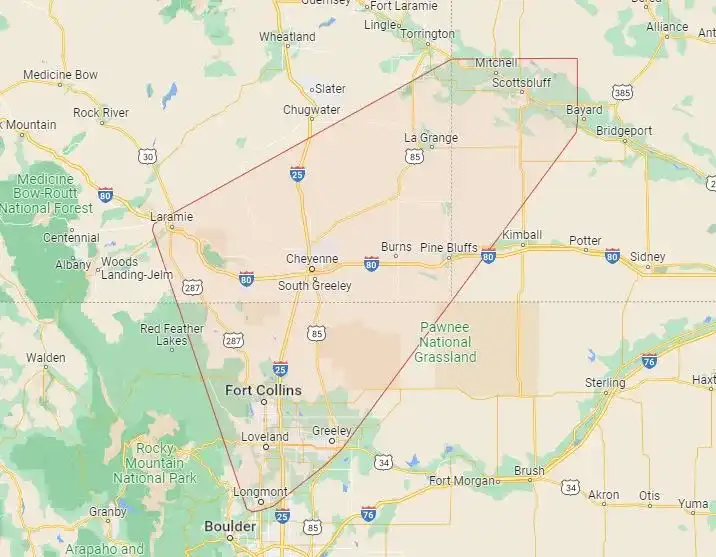Surgical Oncology
Overview
 Surgical oncology is the broad medical field that uses surgery to treat cancer. Surgery is often used to supplement chemotherapy and radiotherapy. HPB Surgery & Oncology surgeries are used to treat liver and pancreatic cancers. Hepatopancreatobiliary (HPB) and oncology Surgery is the specialized field to treat liver and pancreatic cancers. Before the surgery, the patient undergoes comprehensive physical and lab testing to better ensure the patient’s successful surgical outcomes.
Surgical oncology is the broad medical field that uses surgery to treat cancer. Surgery is often used to supplement chemotherapy and radiotherapy. HPB Surgery & Oncology surgeries are used to treat liver and pancreatic cancers. Hepatopancreatobiliary (HPB) and oncology Surgery is the specialized field to treat liver and pancreatic cancers. Before the surgery, the patient undergoes comprehensive physical and lab testing to better ensure the patient’s successful surgical outcomes.
Historically, surgical oncology procedures used open abdominal methods. However, more modern techniques include laparoscopy and minimally invasive robotic surgery.
Radiation
This procedure uses energy in the form of electromagnetic waves to burn the cancerous tumor.
Chemotherapy
This is the use of medical drugs to treat cancer.
Immunotherapy
This involves boosting the body's immune system to reverse cancer growth.
Before surgery
Patient preoperative preparations include:
- An office visit for surgical consultation which includes a comprehensive history and physical, discussion of the details of the treatment plan, tests, and surgical procedure.
- Completion of clinical tests for work-up and staging.
- Multidisciplinary tumor board review for expert recommendation regarding treatment strategy.
After surgery
Generally, post-surgery care involves;
- A brief admission to the ICU may be required for complex procedures such as a whipple procedure. Recovery then continues in the hospital ward for another three to five days. Procedures performed robotically typically have a faster recovery and can expect discharge from the hospital one or two days earlier than after open procedures.
- The goals of postoperative care include: monitoring for and intervening on any complications that can occur, awaiting the resumption of normal bowel function, maintaining adequate hydration and nutrition, physical and occupational rehabilitation, and providing adequate pain control. Once these measures are met, the patient is discharged from the hospital. A post-operative follow-up office visit is typically scheduled one week from hospital discharge with Dr. Tierney.


